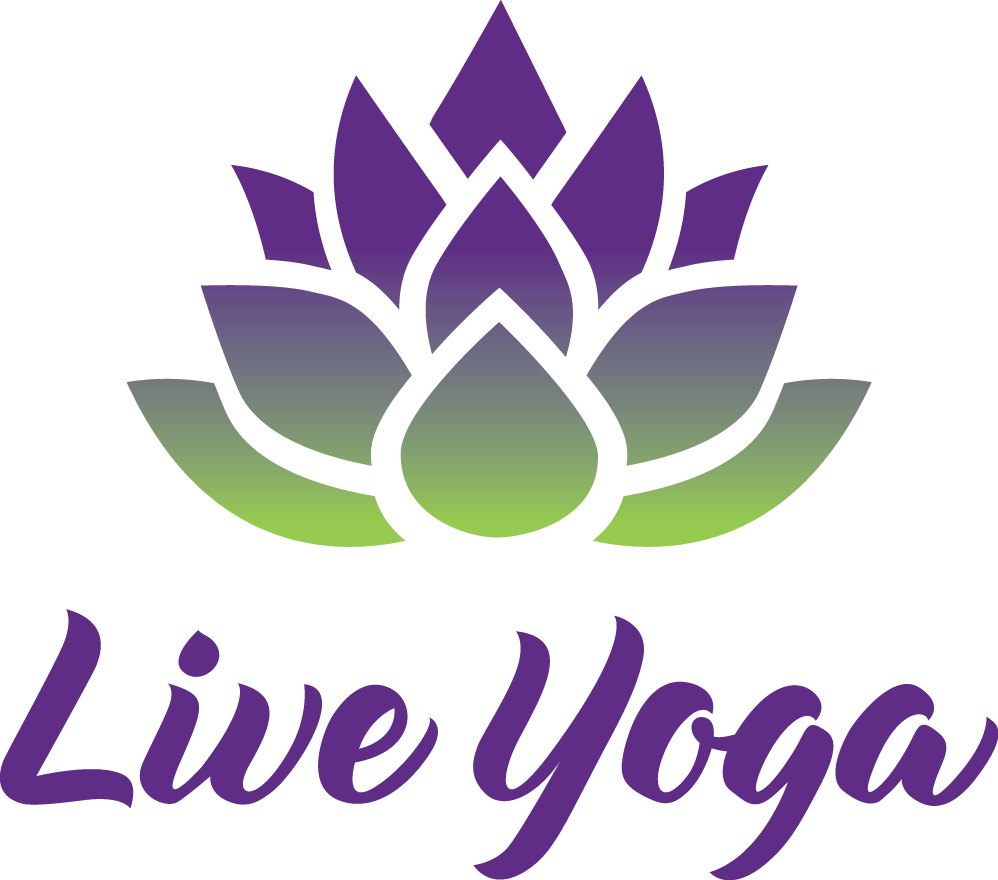New Year, New You: How Yoga can Help.
Virabhadrasana 2 (Warrior 2)
With the New Year fast approaching, we often see an uptake in new members in our classes, full of individuals keen to make and stick to their New Year’s resolutions. It is estimated that three in ten Canadians will make a New Year’s resolution this January. Yoga is a fantastic solution to many of the most common New Year’s resolutions made by Canadians, amongst them to get fit, lose weight, and drink less alcohol.
Whilst it is clear how yoga can be beneficial to individuals wishing to increase their levels of fitness and flexibility or shift some body fat, it is less obvious how yoga can be beneficial to individuals who feel they have a problem with excessive drinking, and detox a little of that festive alcohol consumption away. However yoga has a proven record in being beneficial in the treatment of addictions (both drug and alcohol) and in not only enhancing recovery, but also in keeping individuals in recovery who might otherwise have quit the program.
Focusing on the Body and Mind
Yoga means different things to different people, and a lot of what yoga means to you will depend on what influences from the outside world you bring to your classes with you. If you are carrying the pain (both physical and mental) and anxiety that often accompanies a dependence on alcohol, then yoga can help to release that pain and tension and let go of it for good. Yoga can help to encourage a sense of detachment from the body, whilst simultaneously creating a sense of oneness with it. It helps you to focus on your mind, on your thoughts and breathing, and on generally being mindful of the world around you. Whilst this is something that has particular benefit to those who are recovery from alcohol addiction, it is actually something that is helpful and applicable to all of our common new year’s resolutions, as making a commitment to living a healthier lifestyle (either by moving more or eating less) requires a determination that could certainly benefit from the practice of mindfulness.
Interesting Program Similarities
It is also interesting to note that many of the teachings of yoga have a lot in common with the 12 Step Programs so often associated with a dependency on alcohol, including the call to submit to a power higher than yourself and the 11th step of the 12 steps encourages meditation. However many observers and participators in the program have noted that whilst it focuses on psychological healing, there is no essential physical element to the 12 Steps, and this is where many now choose to introduce yoga, for a wider and more holistic approach to their healing. Yoga is more than just a form of exercise, it is a way of life. Whilst there are still individuals who still approach yoga as simply another exercise class that can increase their flexibility and reduce their body mass, those with a true interest in yoga have an interest in enhancing their physical, emotional and spiritual growth through the ancient art form, which has been used for generations to bring balance to the lives of individuals all over the world.
Unfortunately, statistics show us that of the Canadians that do choose to set New Year’s resolutions, 73% will have broken those resolutions before the summer arrives. Sticking to New Year’s resolutions, and maintaining a new lifestyle can be hard work, and is something that takes commitment and determination. By joining a class and finding like minded individuals to go on that new journey to good health with you, you are much more likely to stick to your target, and achieve your goals, than you are if you attempt to achieve those goals on your own. Losing weight, increasing your fitness levels and giving up your dependency on alcohol are all ambitions that will be massively beneficial to your long term health. Why not get in touch to find out which one of our classes will best suit your unique needs and help you both reach and maintain your long term health and fitness goals this year?
A big thanks to Anne Hancock for contributing this great article to our blog!

